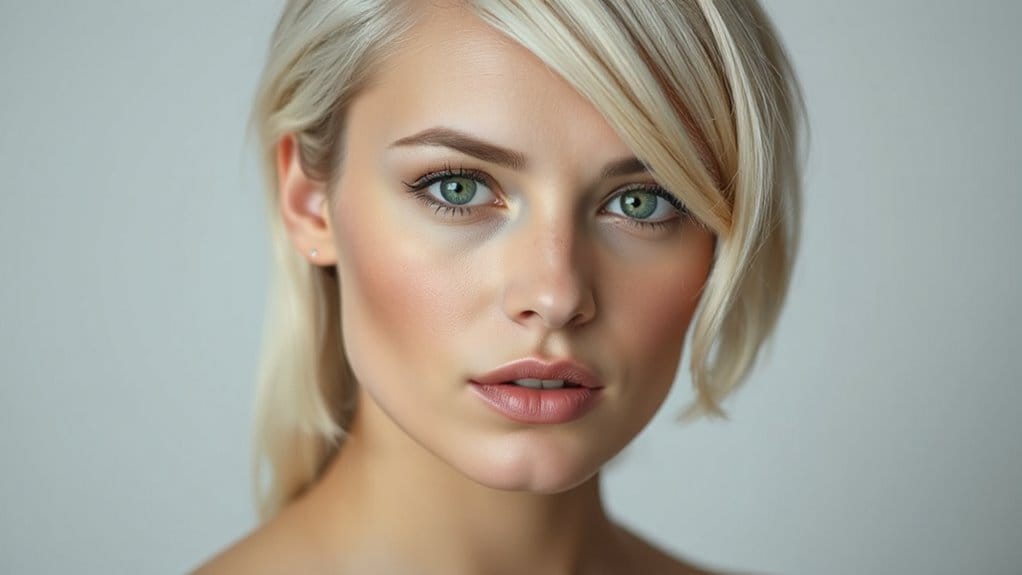The intersection of celebrity identity and artificial intelligence has reached a critical juncture with discussions surrounding Scarlett Johansson’s voice technology. Recent developments in AI voice synthesis have sparked debates about consent, ownership, and the commercialization of human vocal characteristics. While tech companies race to perfect voice cloning capabilities, legal battles and ethical concerns continue to shape the industry’s direction. The implications extend far beyond entertainment, potentially transforming how society perceives digital identity and authentic communication.

While artificial intelligence voice synthesis technology has advanced rapidly in recent years, claims that Scarlett Johansson‘s voice has been replicated or used in AI systems remain unsubstantiated. Despite widespread speculation and various online platforms suggesting the availability of celebrity voice clones, no verified technology currently exists that can accurately reproduce the actress’s distinctive vocal characteristics for public download or commercial use.
Claims of downloadable Scarlett Johansson voice AI remain unverified despite widespread online speculation and technological advances in voice synthesis.
Voice Mimicry Techniques have evolved remarkably through deep learning algorithms and neural networks, enabling more sophisticated audio synthesis than ever before. However, AI Celebrity Impersonation remains ethically complex and legally problematic. Current voice cloning technology requires substantial audio samples and sophisticated processing to achieve convincing results, making unauthorized celebrity voice replication both technically challenging and legally risky.
The entertainment industry has implemented strict protections around celebrity likeness rights, including vocal characteristics. Major technology companies have established policies preventing the unauthorized creation of celebrity voice models without explicit consent. These measures address growing concerns about deepfake audio technology and its potential for misuse in creating misleading content or unauthorized commercial applications.
Existing voice AI platforms focus primarily on synthetic voices designed for accessibility, customer service, and content creation rather than celebrity impersonation. Companies like OpenAI, Google, and Amazon have developed sophisticated text-to-speech systems that prioritize original voice models over celebrity replications. These platforms emphasize ethical AI development and user safety rather than creating potentially problematic celebrity voice clones.
Legal experts emphasize that creating and distributing celebrity voice AI without permission violates personality rights and could result in considerable legal consequences. Entertainment lawyers note that celebrity voices constitute valuable intellectual property protected under various state and federal laws. Unauthorized voice cloning could trigger lawsuits for identity theft, defamation, or commercial exploitation.
Current legitimate voice AI technology offers impressive capabilities for businesses and content creators seeking professional-quality synthetic speech. However, consumers should approach claims about downloadable celebrity voice AI with skepticism. The technology industry continues developing ethical guidelines and technical safeguards to prevent unauthorized celebrity voice replication while advancing beneficial applications of voice synthesis technology.





